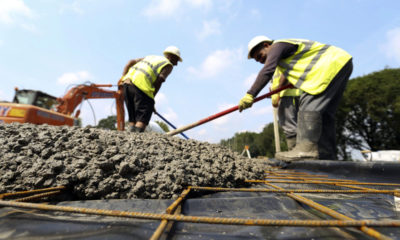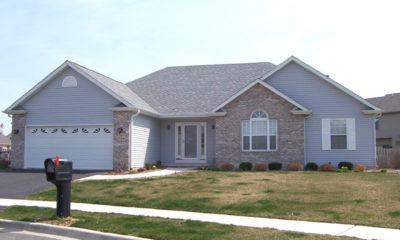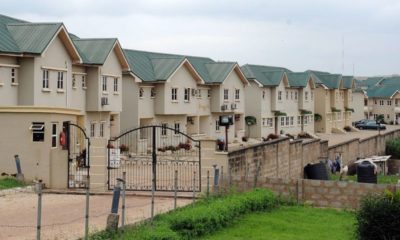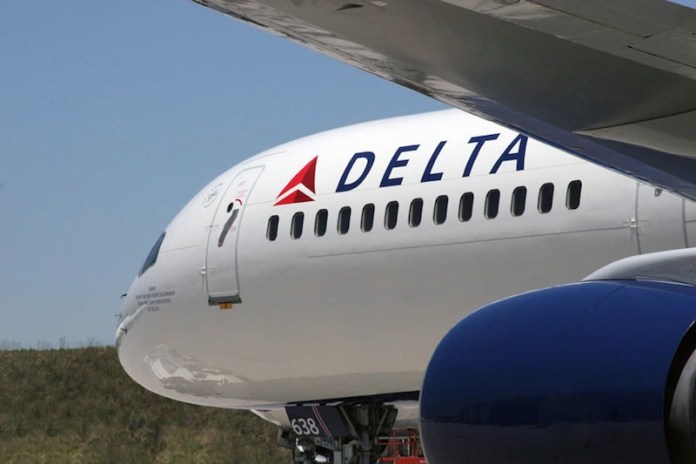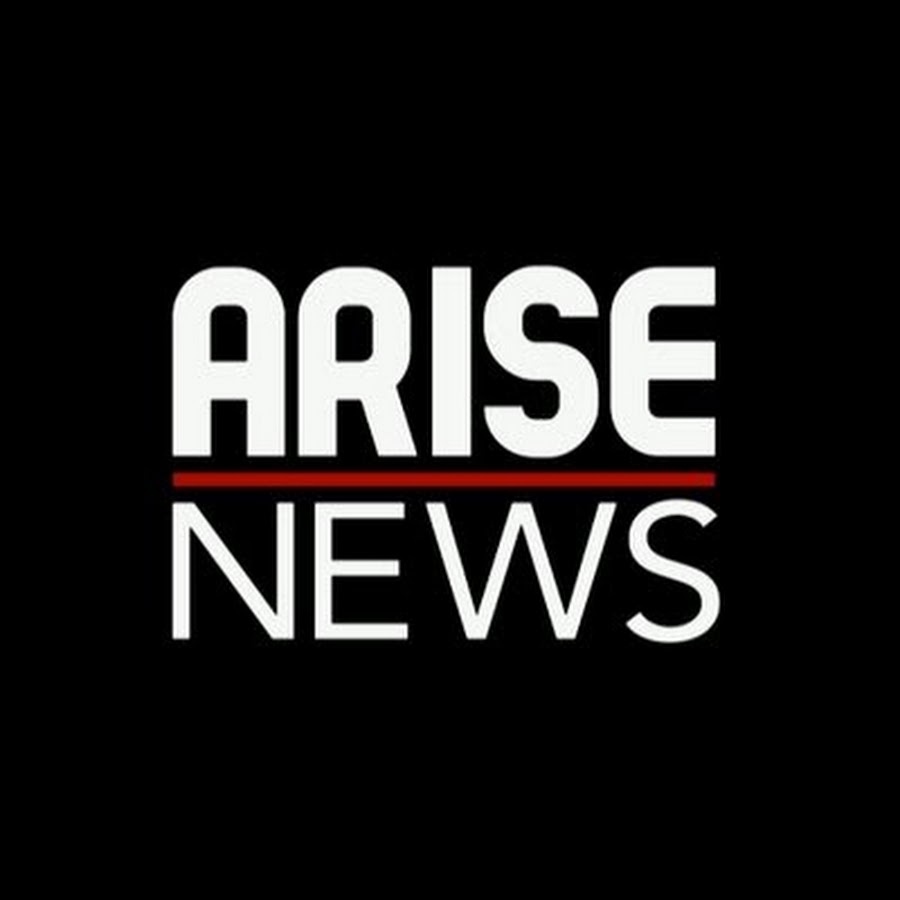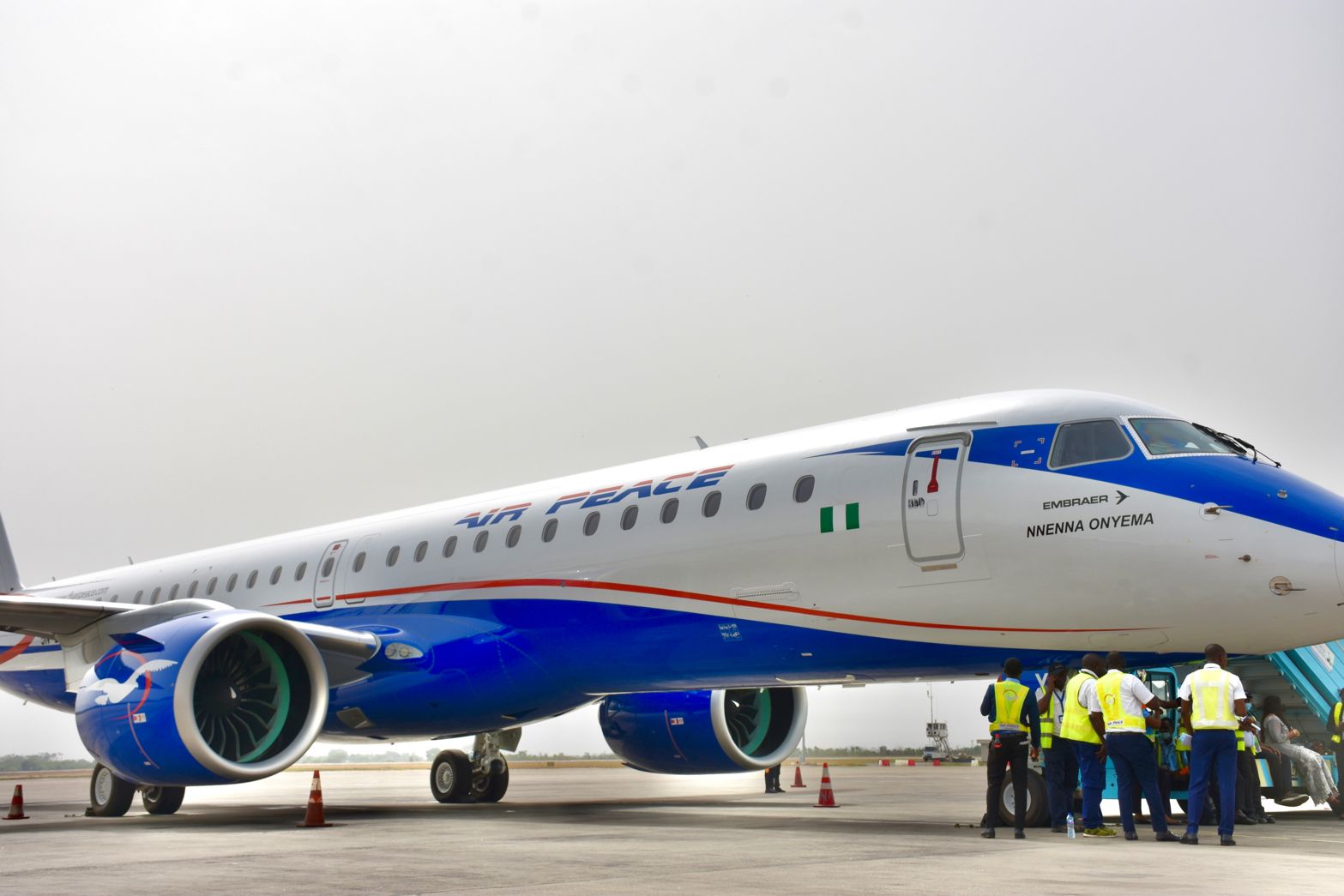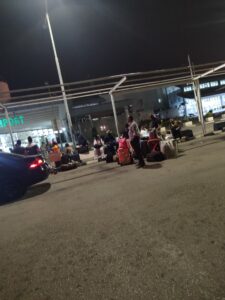ARISE News Channel, a prominent Nigerian cable news network, has reached another significant milestone in its journey to become a global media powerhouse.
The channel has officially gone live in nine Southern African countries, including South Africa, Angola, and Botswana.
This expansion was made possible through a partnership with Multichoice/DSTV, with ARISE News Channel now available on Channel 416.
Alongside South Africa, Angola, and Botswana, the channel is now accessible to viewers in Lesotho, Malawi, Mozambique, Namibia, Swaziland, Zambia, and Zimbabwe.
In a statement released by the Chief of Staff to Chairman/Editor-in-Chief of ARISE News Channel, Fauziya Ali Mohammed, it was revealed that the channel’s presence now spans 54 African countries.
Mohammed explained that ARISE News Channel is committed to delivering high-quality news coverage across the continent, showcasing various facets of African life, including business, politics, technology, commerce, science, sports, show business, and fashion.
ARISE News Channel, which celebrated its 11th anniversary earlier this year, has earned acclaim for its Emmy-winning programming.
It has become a leading broadcaster in Africa, offering audiences a diverse range of content while projecting the best of Africa’s culture and people to the world.
Chairman/Editor-in-Chief of ARISE News Channel, Nduka Obaigbena, expressed his excitement about the channel’s expansion into Southern Africa, emphasizing its commitment to promoting African narratives globally.
Obaigbena highlighted ARISE News Channel’s dedication to showcasing the continent’s potential and celebrating its achievements on the global stage.
The channel operates around the clock from studios located in Lagos, Abuja, Johannesburg, Cape Town, London, and New York.
Its coverage extends beyond traditional broadcasting platforms, reaching viewers across Europe, North Africa, the Middle East, and the United States through various channels and streaming services.
With its latest expansion into Southern Africa, ARISE News Channel continues to solidify its position as a leading voice in African media, shaping narratives and fostering dialogue on issues of regional and global significance.
As the channel continues to grow its global footprint, it remains dedicated to providing audiences with insightful and impactful journalism that reflects the dynamism and diversity of the African continent.

 Forex3 weeks ago
Forex3 weeks ago


 Naira2 weeks ago
Naira2 weeks ago
 Billionaire Watch2 weeks ago
Billionaire Watch2 weeks ago




 Naira2 weeks ago
Naira2 weeks ago




 Naira2 weeks ago
Naira2 weeks ago




 Naira1 week ago
Naira1 week ago




 Naira4 weeks ago
Naira4 weeks ago




 Naira3 weeks ago
Naira3 weeks ago




